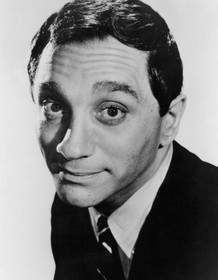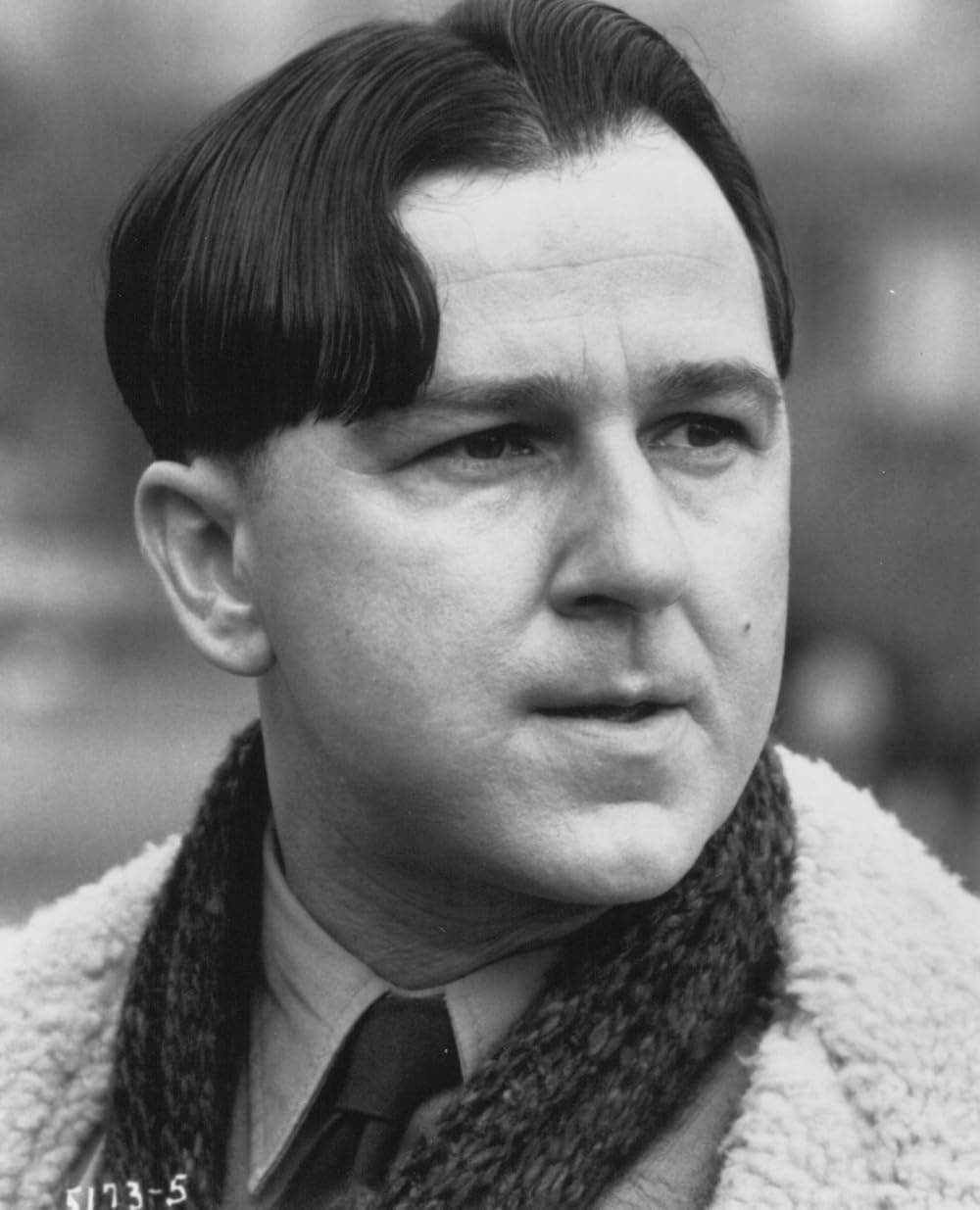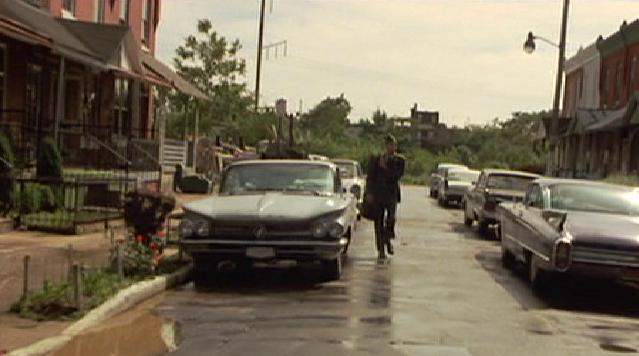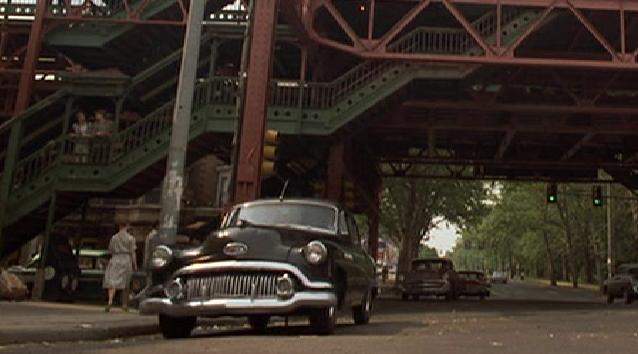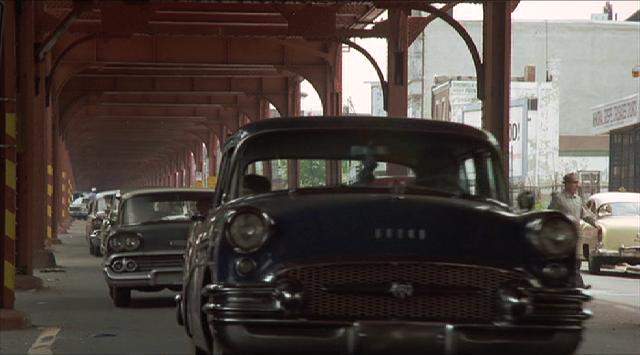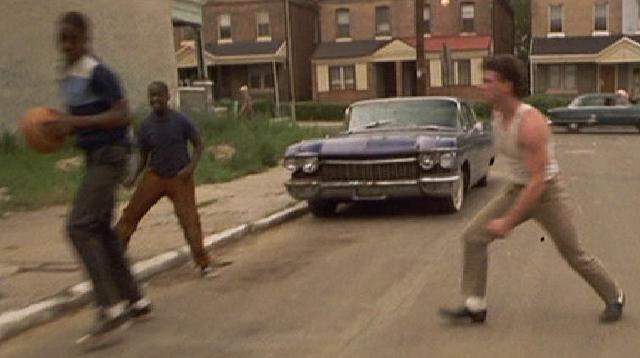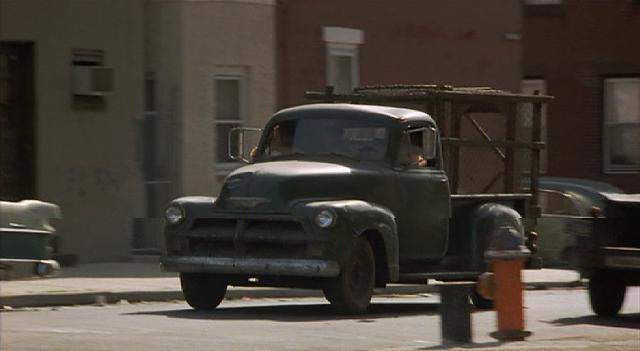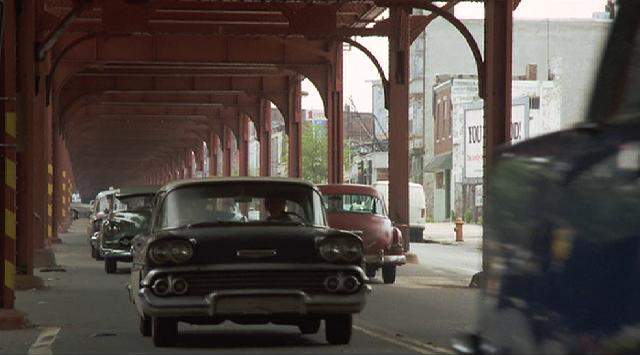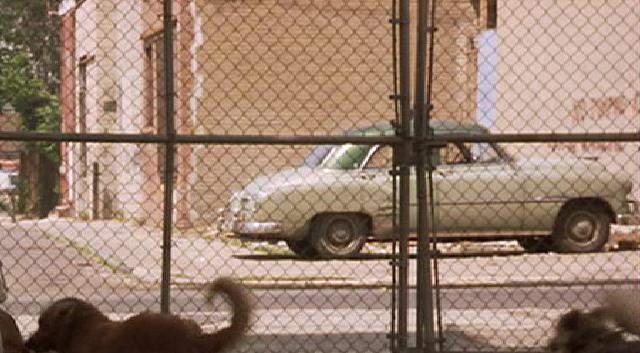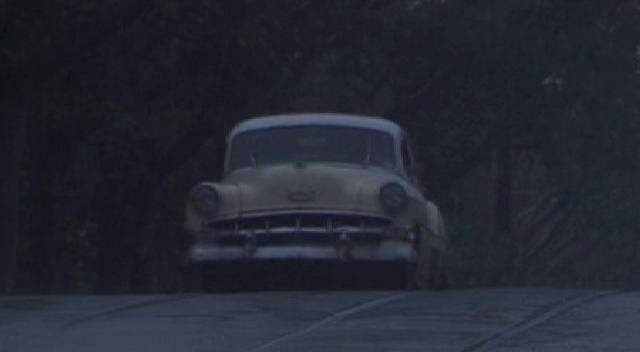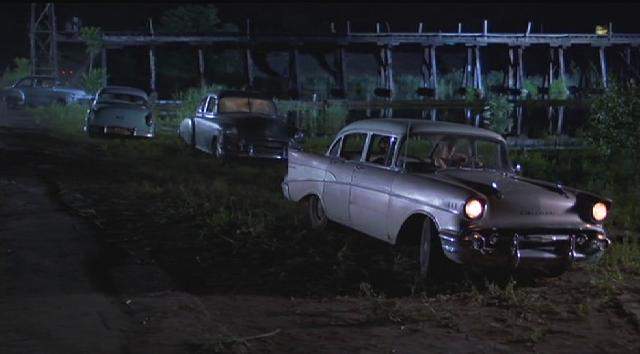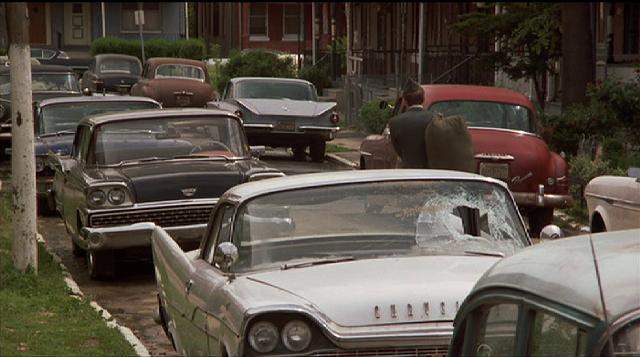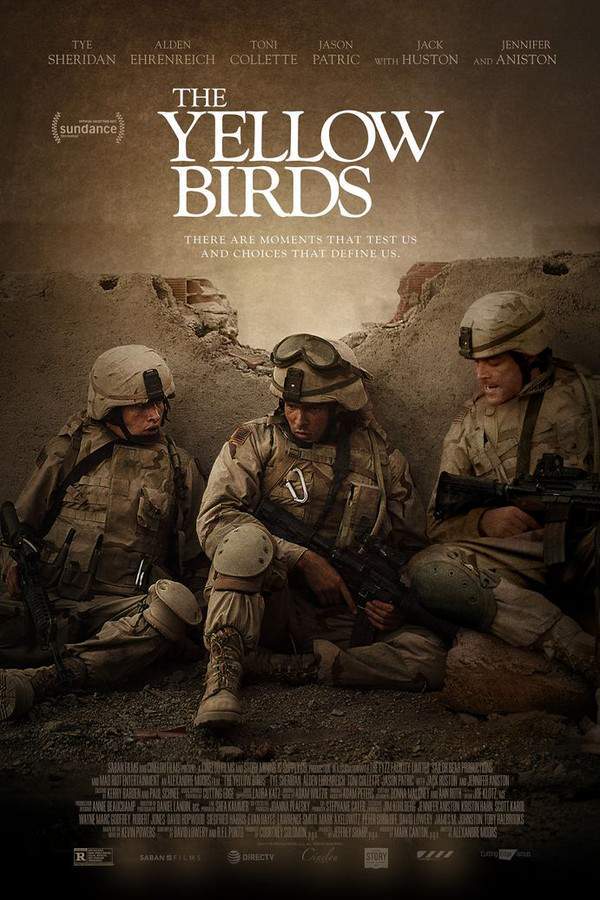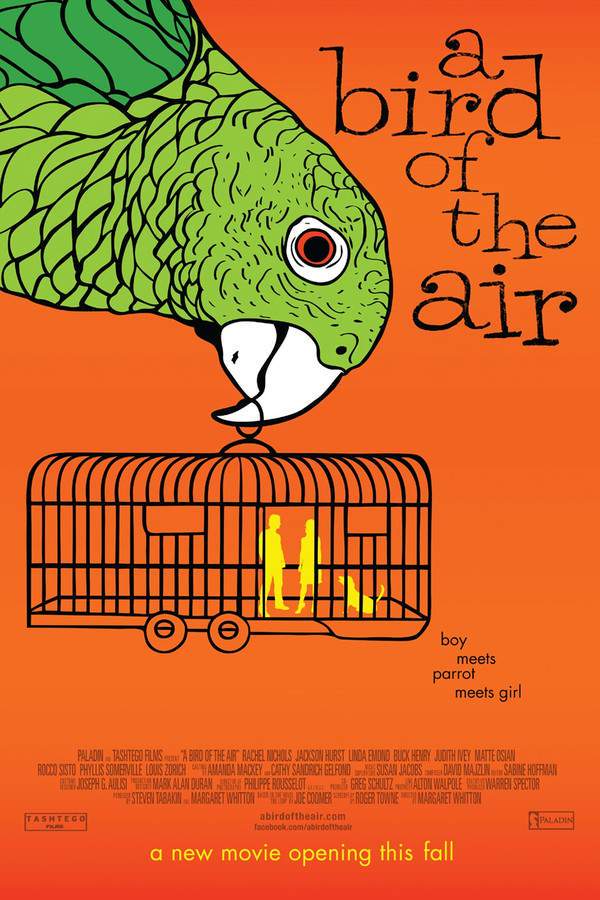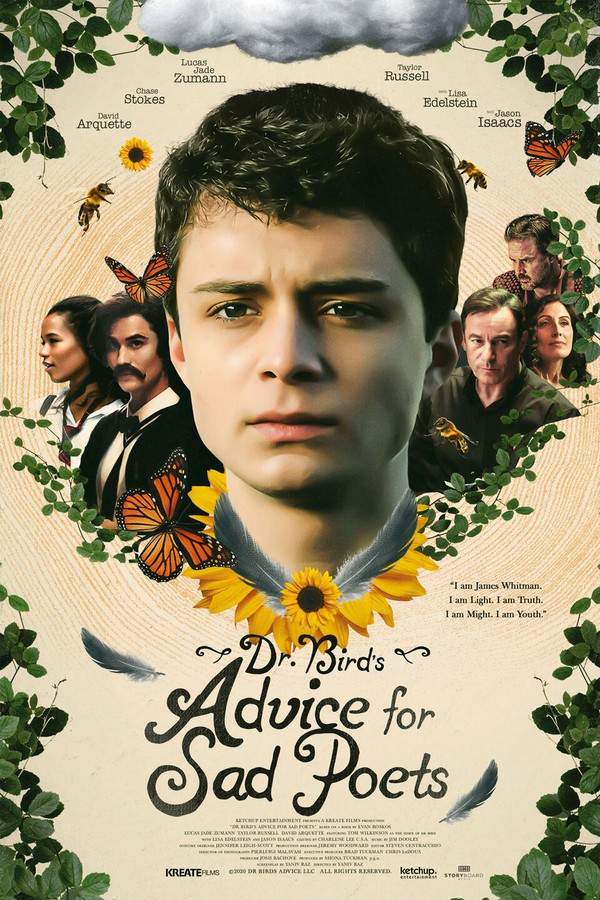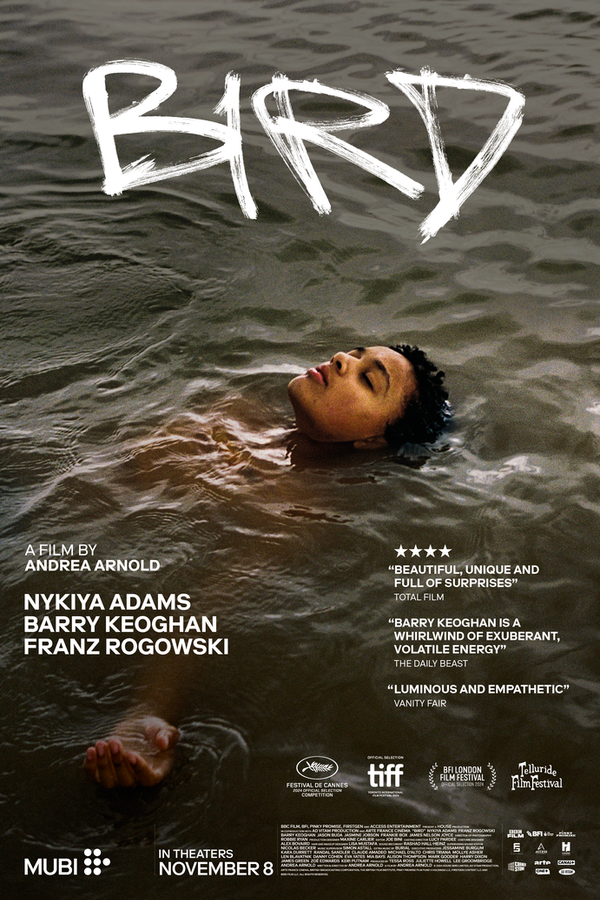Birdy 1984
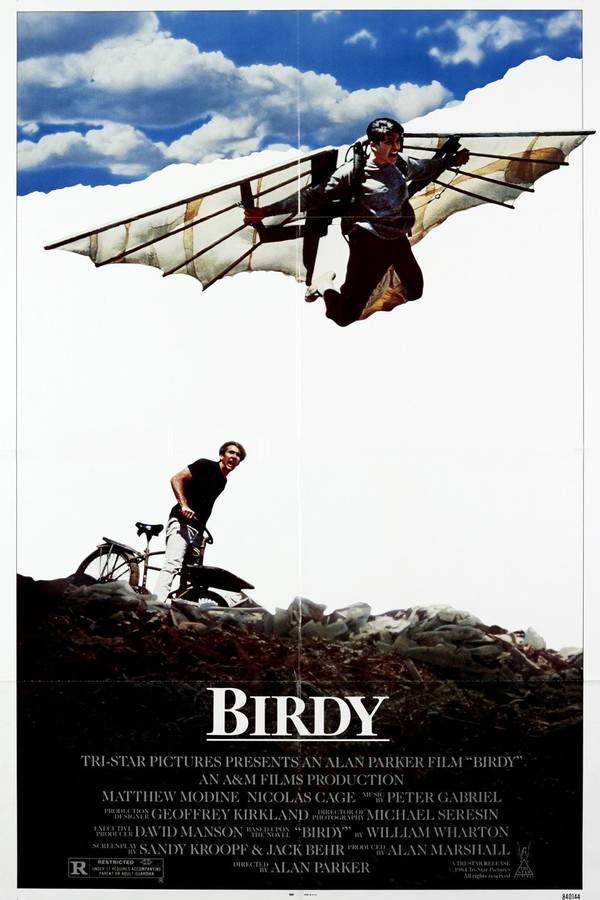
Haunted by his experiences in Vietnam, a veteran struggles to readjust to civilian life, withdrawing into a fantasy where he exists as a bird. Confined to a mental hospital and increasingly disconnected from reality, doctors attempt to help him confront his trauma. His childhood friend and fellow veteran, Al, offers a lifeline, visiting regularly in an effort to reconnect him with the world and guide him toward healing.
Does Birdy have end credit scenes?
No!
Birdy does not have end credit scenes. You can leave when the credits roll.
Meet the Full Cast and Actors of Birdy
Explore the complete cast of Birdy, including both lead and supporting actors. Learn who plays each character, discover their past roles and achievements, and find out what makes this ensemble cast stand out in the world of film and television.
External Links and Streaming Options
Discover where to watch Birdy online, including streaming platforms, rental options, and official sources. Compare reviews, ratings, and in-depth movie information across sites like IMDb, TMDb, Wikipedia or Rotten Tomatoes.
Ratings and Reviews for Birdy
See how Birdy is rated across major platforms like IMDb, Metacritic, and TMDb. Compare audience scores and critic reviews to understand where Birdy stands among top-rated movies in its genre.

71
Metascore
7.5
User Score


84%
TOMATOMETER

83%
User Score

7.2 /10
IMDb Rating

72
%
User Score
Take the Ultimate Birdy Movie Quiz
Challenge your knowledge of Birdy with this fun and interactive movie quiz. Test yourself on key plot points, iconic characters, hidden details, and memorable moments to see how well you really know the film.
Birdy Quiz: Test your knowledge about the poignant film 'Birdy' from 1984, exploring its themes, characters, and memorable moments.
What is the main setting of Birdy's story?
A psychiatric hospital
A high school
A war zone
A junkyard
Show hint
Full Plot Summary and Ending Explained for Birdy
Read the complete plot summary of Birdy, including all major events, twists, and the full ending explained in detail. Explore key characters, themes, hidden meanings, and everything you need to understand the story from beginning to end.
A young man known as Birdy (played by Matthew Modine) is found sitting on the floor of his desolate psychiatric hospital room, appearing almost in a comatose state. Meanwhile, in a different sector of the hospital, U.S. Army Sergeant Alfonso ‘Al’ Columbato (portrayed by Nicolas Cage), whose heavily bandaged face suggests a painful past, is being wheeled into his dormitory-style room. As the orderlies help him to his bed, a doctor discusses Al’s facial injuries, the schedule for removing the bandages, and the prospects for his forthcoming reconstructive surgery. It appears that Al will soon be leaving the hospital.
While on a train, Al is trying to find a seat when he notices a woman and her teenage daughter. He feels awkward under the girl’s gaze, as she cannot help but stare at his disfigured face. In an attempt to ease her discomfort, Al jokingly says “boo,” prompting a smile from her. Her mother quickly admonishes her not to stare. As he contemplates memories of Birdy, who was always seen as eccentric by others, he enters a vivid flashback of their high school days in South Philadelphia.
In a nearby field surrounded by homes, Al participates in a pick-up game of softball. When he hits a ball that lands in Birdy’s backyard, he swears as he realizes the woman who lives there, Birdy’s mother (played by Dolores Sage), is likely to keep the ball. Birdy’s father (played by George Buck) tells her to return the ball, but she refuses, leaving the children without something to play with. While walking away, Al spots Birdy sitting silently in a tree, and they exchange nothing but a knowing glance.
Al’s romantic interests lead him to make out with a girl under some bleachers, which is suddenly interrupted by his younger brother Mario Columbato (James Santini). After some coaxing, Al reluctantly follows Mario to Birdy’s house, where he finds Birdy on the porch, sitting among some cooing pigeons. Al cleverly nicknames him “bird boy,” but Birdy remains silent. When Al asks for a knife to remove a splinter, Birdy hands him a pocket knife, but when Al tries to keep it, Birdy quickly runs off. Their struggle reveals Birdy’s innocence as he insists he rightfully obtained the knife from someone else, not having stolen it.
Birdy’s unique ability to interact with pigeons captivates Al, who eventually offers to assist Birdy in catching them. Their adventures lead them atop a railway overpass, where Birdy embodies a carefree spirit, easily capturing pigeons while Al grapples with his own insecurities. In one thrilling moment, Birdy leaps from a height, claiming that he “flew” and found it beautiful, solidifying the bond they share.
As the story transitions back to the present, Al finds himself pondering Birdy through a window. Birdy remains lost in thought while Major Weiss (played by John Harkins), Birdy’s doctor, questions Al about his friend’s condition. Al expresses worry over Birdy’s mental state, as he has not spoken since his return from Vietnam, where he was reported Missing In Action for an entire month. The Major suggests the visit might benefit both Al and Birdy.
Accompanied by orderly Renaldi (played by Bruno Kirby), Al is taken to meet Birdy. Upon entering, Al jokes in an attempt to connect, but Birdy remains unresponsive. Their history is vividly recalled through a series of flashbacks that illustrate Birdy’s deep connection to birds and his struggles with reality. Al tries to spark a conversation about their childhood, but Birdy does not respond, leading Al to feel a mix of frustration and sorrow.
Their intertwined past reveals a tapestry of shared experiences, optimism, and the heartbreak that comes from childhood innocence being stripped away by the harsh realities of life and war. Moments of joy turn into haunting memories of loss, love, and the disillusionment that accompanies the transition to adulthood. The depth of their friendship is put to the test as Al wrestles with his own demons while trying to reach Birdy, revealing the profound impact of trauma and the search for identity amid chaos.
In a turning point, Al expresses to Birdy that he’s also dealing with his own emotional turmoil, prompting a moment of vulnerability from Birdy, who unexpectedly utters his friend’s name. This becomes a crucial turning point, showing that hope still exists within Birdy, despite the silence that has enveloped him. Al recognizes this as a breakthrough, even as the pressures of their surroundings threaten to pull them apart once more.
The narrative masterfully weaves between unfolding timelines, illustrating the complexities of friendship against the backdrop of mental illness and the lingering shadows cast by wartime experiences. Al’s determination to help Birdy not only signifies his loyalty but also the necessity of connection in healing.
Uncover the Details: Timeline, Characters, Themes, and Beyond!

Coming soon on iOS and Android
The Plot Explained Mobile App
From blockbusters to hidden gems — dive into movie stories anytime, anywhere. Save your favorites, discover plots faster, and never miss a twist again.
Sign up to be the first to know when we launch. Your email stays private — always.
Watch Trailers, Clips & Behind-the-Scenes for Birdy
Watch official trailers, exclusive clips, cast interviews, and behind-the-scenes footage from Birdy. Dive deeper into the making of the film, its standout moments, and key production insights.
Cars Featured in Birdy
Explore all cars featured in Birdy, including their makes, models, scenes they appear in, and their significance to the plot. A must-read for car enthusiasts and movie buffs alike.
Birdy Themes and Keywords
Discover the central themes, ideas, and keywords that define the movie’s story, tone, and message. Analyze the film’s deeper meanings, genre influences, and recurring concepts.
Birdy Other Names and Titles
Explore the various alternative titles, translations, and other names used for Birdy across different regions and languages. Understand how the film is marketed and recognized worldwide.
Similar Movies To Birdy You Should Know About
Browse a curated list of movies similar in genre, tone, characters, or story structure. Discover new titles like the one you're watching, perfect for fans of related plots, vibes, or cinematic styles.
Quick Links: Summary, Cast, Ratings, More

What's After the Movie?
Not sure whether to stay after the credits? Find out!
Explore Our Movie Platform
New Movie Releases (2026)
Famous Movie Actors
Top Film Production Studios
Movie Plot Summaries & Endings
Major Movie Awards & Winners
Best Concert Films & Music Documentaries
Movie Collections and Curated Lists
© 2026 What's After the Movie. All rights reserved.







